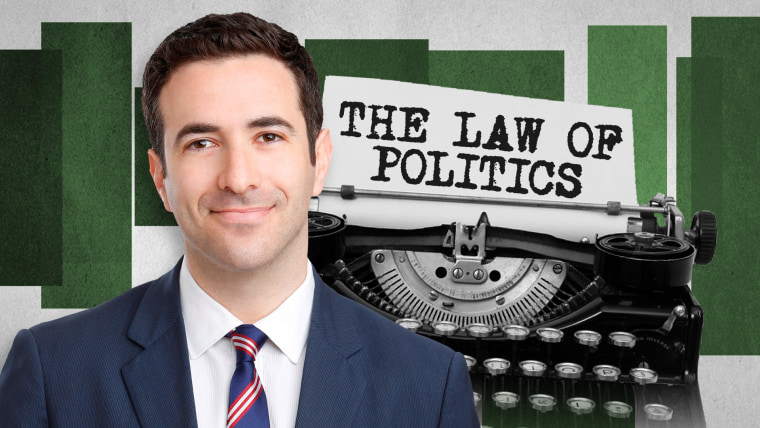Updated April 10:
The White House made it official on Wednesday -- Obama became the first Democratic President to ever back Social Security cuts in a formal budget. There are some strong planks in the budget, but in this rant from Wednesday, I explain why those cuts should be a non-starter – and how FDR’s independent accounting for the program is being turned on its head.
As for the President’s perspective, Gene Sperling joined The Cycle live from the White House to make his case – and reiterate the hope that Republicans will embrace Obama’s deficit-slashing offer from December.
The White House unveils its official budget proposal on Wednesday, and the battle lines are already emerging. President Obama took several items of the GOP wish list and rolled them into his proposal, according to several reports. Budget guru Bob Greenstein explains:
In an attempt to reignite efforts to reach a bipartisan budget compromise, President Obama’s new budget will adhere to his final offer to House Speaker John Boehner of Dec. 17 in their budget talks. As a result, it will contain more savings in both Social Security and Medicare—both in the first ten years and beyond—than the House-passed Ryan budget.The Obama budget contains major concessions. It will include $400 billion less in revenue and $200 billion more in discretionary program cuts than Obama’s original offer to Boehner earlier in December. It will also include the proposal to shift Social Security and various other cost-of-living adjustments to what’s known as the chained CPI, which was not part of Obama’s earlier offers to Boehner in December and which many Democrats strongly oppose.
Republicans have already balked, however. Some liberals are already worried that the budget battle will shape up as a sorry sequester sequel—where the goal posts keep moving inexorably to the right. How will Democrats push back?
Two responses are emerging. One is more descriptive than active—the insistence/branding/hope that Obama’s budget already represents a final compromise.
Former Obama administration economist Jared Bernstein makes that case, writing that Obama’s “compromise position must NOT be taken as a new pole staking out one side in the debate.” I asked Bernstein why that approach would work given that budgets are typically seen as an opening offer, (like, you know, the Ryan Budget). Bernstein said he “agreed that starting where you want to end up is very risky”—that violates Negotiation 101—so Obama will have to pitch his plan as “compromise or no deal.”
The other response is for liberals to draw their own lines. Democracy for America, a liberal group that grew out of the Dean campaign, announced on Tuesday that Democrats who back any social insurance cuts should be primaried. (That includes CPI.) In a Salon essay predicting this fissure last weekend, former Clinton and Obama aide Blake Zeff proposed that these economic values define a looming Democratic “civil war.” Zeff makes the especially important point that while Washington defines “balance” as a budget plan “in which both political parties give up something they don’t want,” an emerging progressive caucus has a much more humanitarian definition in mind.
Liberals see it differently. By their thinking, “balance” must incorporate the broader circumstances of those impacted by the policy in question. If rich people have every advantage in life…and less well-off folks are disadvantaged…then balance calls for a policy that helps to shift things in the other direction a bit. In other words, one camp sees balance as a political end (which, incidentally, can be easily manipulated by positioning and negotiating strategies) and the other sees it as a policy imperative with real-world implications.
No matter what your dream budget looks like, that’s a significant distinction. We’re heading into a national debate over how to budget during a sustained jobs crisis, but much of the political and media class will continue talking about “balance” as an exercise in ephemeral political strategy—not as a responsible exercise in balancing the burdens on the poor, who have been hit hardest since the 2008 meltdown.
Editor’s note: this story was updated on April 10 at 6:30 p.m. to reflect later news events.
